Background call for evidence:
Life span has increased over recent decades, but health span, the period of time people live in good health, has generally not kept pace, and so older people are living longer with ill health. This increased duration of ill health, both physical and psychological, and often compounded by loneliness, can be challenging for individuals; and the increasing number of people affected is placing pressure on health services and social care, threatening to overwhelm the funding mechanisms, and failing those in need.
Increasing health span has been adopted as a policy objective by the UK Government in the Industrial Strategy’s “Ageing Society” Grand Challenge, which aims to ensure that people can enjoy at least five extra healthy, independent years of life by 2035. This House of Lords inquiry will seek to determine whether the Government’s ambition to increase health span is achievable in principle, and which approaches may be most successful in practice.
Interdisciplinary research is at the heart of our BU2025 strategic plan, and moving into a new role can offer opportunities to work with others. The call for from the House of Lords Science and Technology Healthy Ageing Committee enabled me to partner with a new colleague, and for us to both think about our disciplines in different ways. Taking the ideas we discussed for submitting written evidence, we are now in the process of applying to a charity for a funded PhD student to take the work forward.
https://www.parliament.uk/business/committees/committees-a-z/lords-select/science-and-technology-committee/news-parliament-2017/ageing-inquiry-launch/Submissions
BU policy team
Interdisciplinary written submissions to the Committee kept our BU policy advisors, Jane Forster and Sarah Carter busy! BU researchers Katherine Appleton, Samuel Nyman, Debbie Holley and Vanessa Heaslip all submitted evidence.
Dr Samuel Nyman, Department of Medical Sciences and Public Health,
A multidisciplinary approach to promote physical activity and exercise among older people
Dr Samuel Nyman is a leading researcher on preventing falls and promoting physical activity among older people. With a background in health psychology, his interests include the use of behaviour change techniques to promote exercise among older people and people with dementia. Dr Nyman was consulted for his expertise by Haringey Council in October 2016, for his input into the council’s Physical Activity for Older People Scrutiny Review. This directly led to recommendations that were agreed by the council.
This evidence is submitted in response to the government’s call, so that policy makers are aware of the need for a multidisciplinary perspective for promoting physical activity and preventing falls. This will include the use of psychological knowledge on behaviour change but also the expertise of others including urban planners to make environments more conducive for physical activity among older people.
His evidence can be read here:
http://data.parliament.uk/writtenevidence/committeeevidence.svc/evidencedocument/science-and-technology-committee-lords/ageing-science-technology-and-healthy-living/written/105570.html
Professor Katherine Appleton
Professor Katherine Appleton is a Chartered Psychologist and Registered Nutritionist. She has researched human eating behaviour since 1998, with a special interest in the older population since 2006. Much of her research focuses on the optimisation of human health and well-bring in the normal population considering nutrition, physical activity and their impact on behaviour.
Her evidence can be read here:
http://data.parliament.uk/writtenevidence/committeeevidence.svc/evidencedocument/science-and-technology-committee-lords/ageing-science-technology-and-healthy-living/written/105598.html
Professor Debbie Holley and Associate Professor Vanessa Heaslip
In our submission, we reflected on the role of technology in healthy ageing, and suggested some ‘tech’ futures areas for consideration.
Executive Summary
Technologies to provide a solution for loneliness (e.g. the virtual tea party) and virtual health care can provide efficiencies for the NHS as well as improved access for marginalised communities. However, key barriers are the spread and access to technology (especially rural communities) the skill set (and costs) necessary for the ageing population to engage with this technology, alongside the upskilling of the current NHS workforce to work virtually need careful consideration. Some barriers can be directly addressed by Government 5G and NHS workforce priorities; there is a clear role for charities; other barriers will need universities and industry to work together to engage with agile and rapid prototyping and testing. The methods of procurement need to be revisited, currently excellent SMEs are filtered out – working across with the Department of Business could provide ways of supporting innovation. Further work with experts is needed to invest in effective scaling solutions across the sector, and learning from examples/solutions/suggestions are contained in the text below. More of the same is not going enable the huge changes that demographic pressures are bringing to bear on an already stretched NHS; and work of effective data capture is needed to identify and bring the policy makers lens onto those belonging to marginalised groups.
The link to our full evidence submission here:
http://data.parliament.uk/writtenevidence/committeeevidence.svc/evidencedocument/science-and-technology-committee-lords/ageing-science-technology-and-healthy-living/written/105617.html
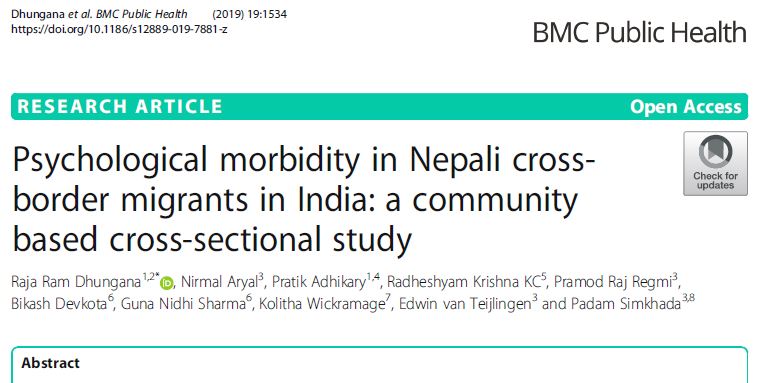



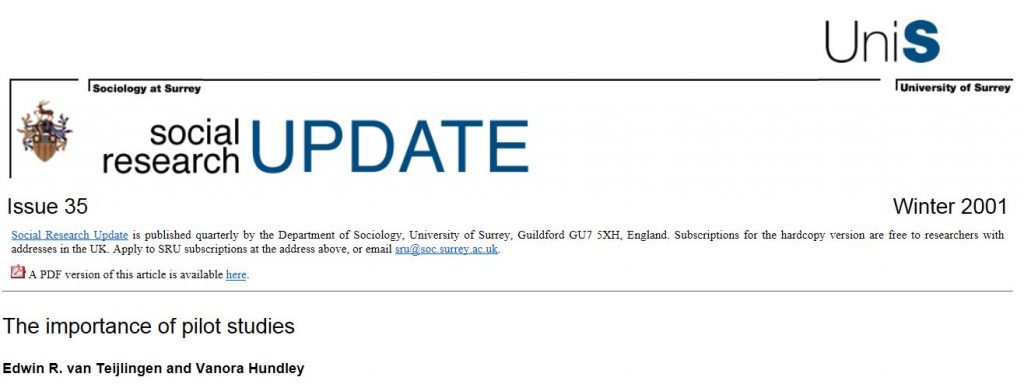


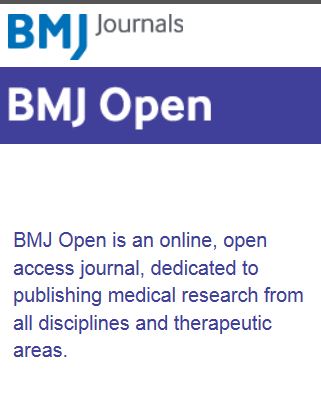
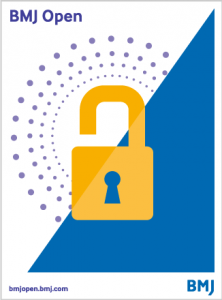
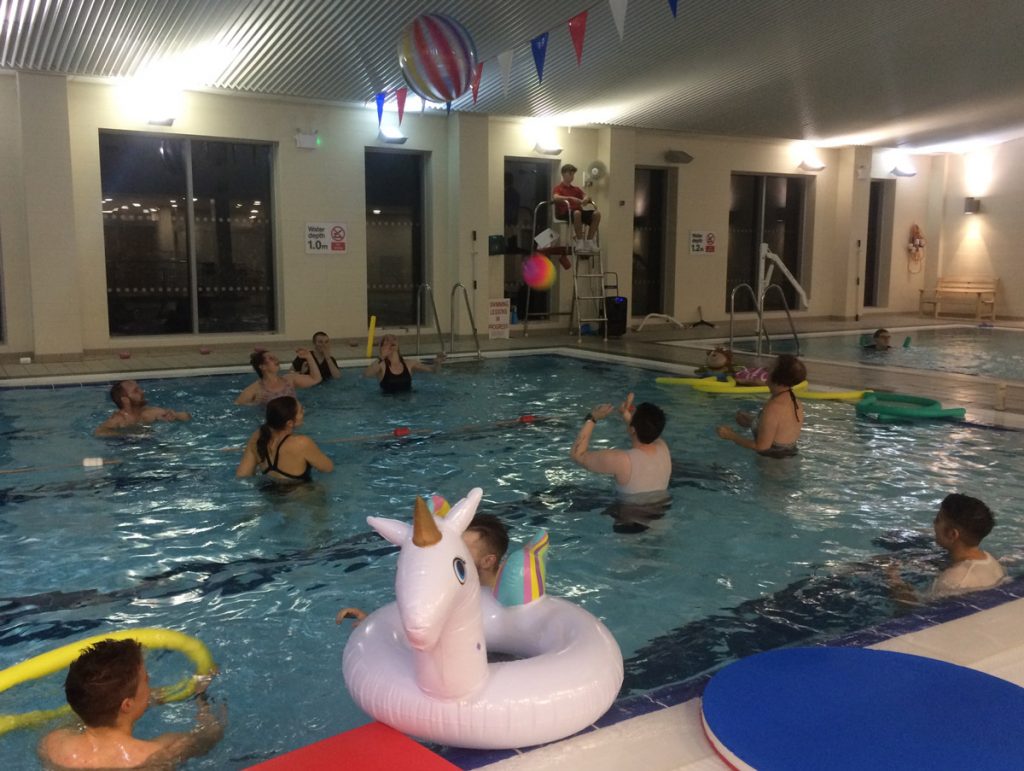

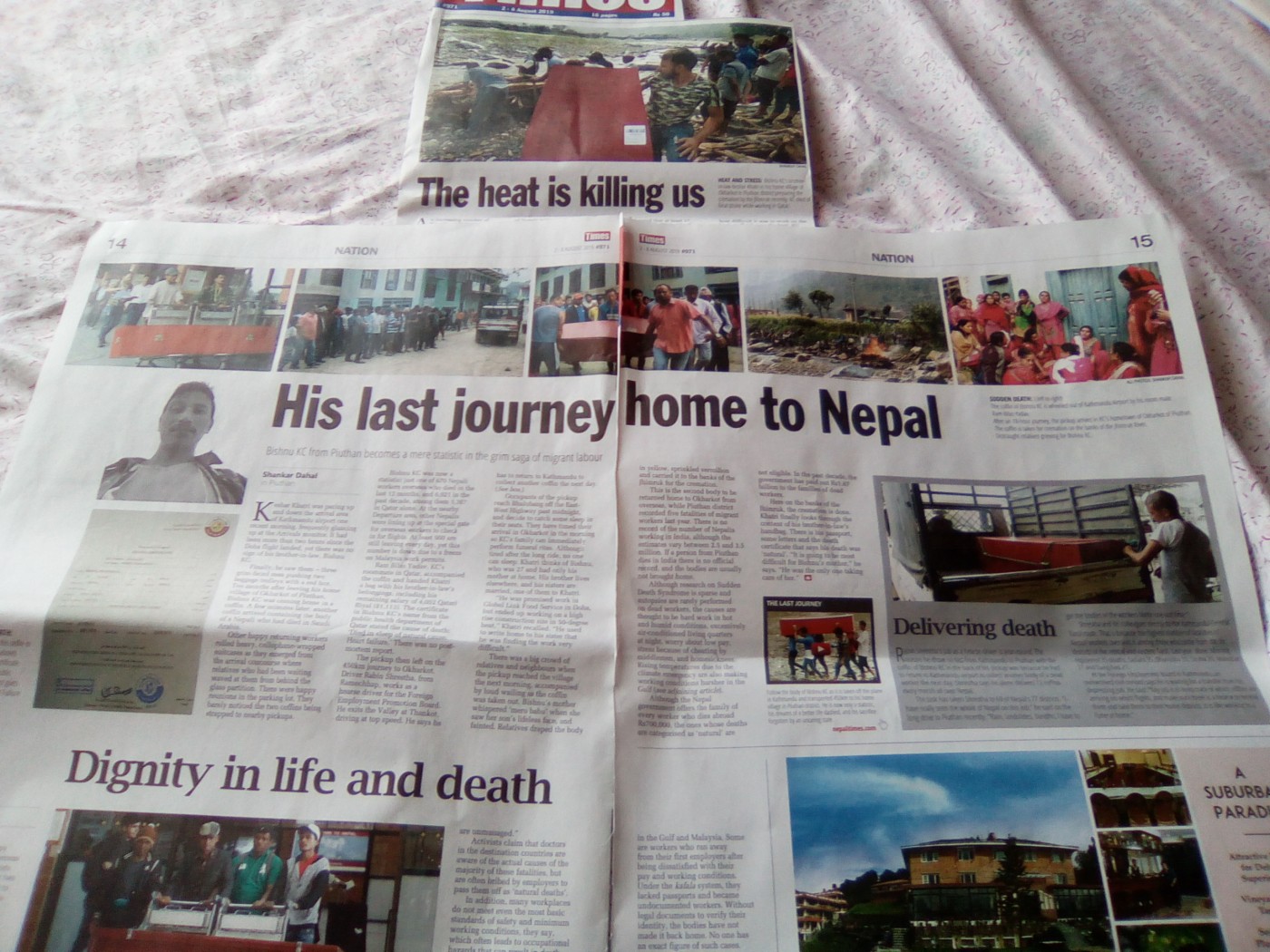

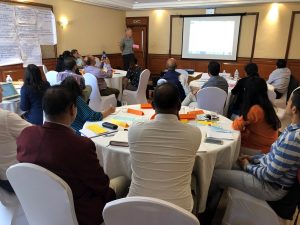
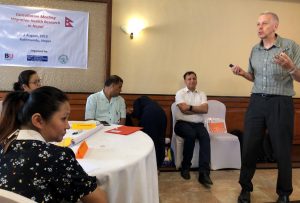
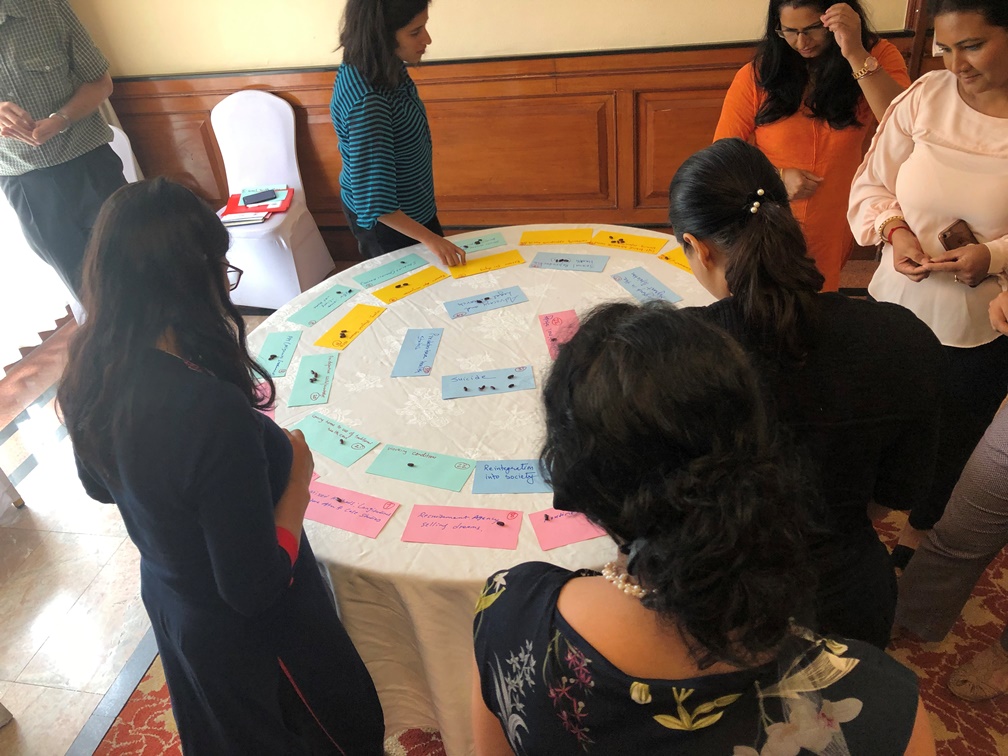
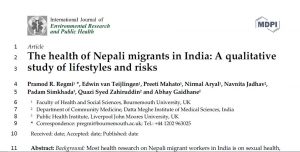












 SPROUT: From Sustainable Research to Sustainable Research Lives
SPROUT: From Sustainable Research to Sustainable Research Lives BRIAN upgrade and new look
BRIAN upgrade and new look Seeing the fruits of your labour in Bangladesh
Seeing the fruits of your labour in Bangladesh Exploring Embodied Research: Body Map Storytelling Workshop & Research Seminar
Exploring Embodied Research: Body Map Storytelling Workshop & Research Seminar Marking a Milestone: The Swash Channel Wreck Book Launch
Marking a Milestone: The Swash Channel Wreck Book Launch ECR Funding Open Call: Research Culture & Community Grant – Application Deadline Friday 12 December
ECR Funding Open Call: Research Culture & Community Grant – Application Deadline Friday 12 December MSCA Postdoctoral Fellowships 2025 Call
MSCA Postdoctoral Fellowships 2025 Call ERC Advanced Grant 2025 Webinar
ERC Advanced Grant 2025 Webinar Update on UKRO services
Update on UKRO services European research project exploring use of ‘virtual twins’ to better manage metabolic associated fatty liver disease
European research project exploring use of ‘virtual twins’ to better manage metabolic associated fatty liver disease